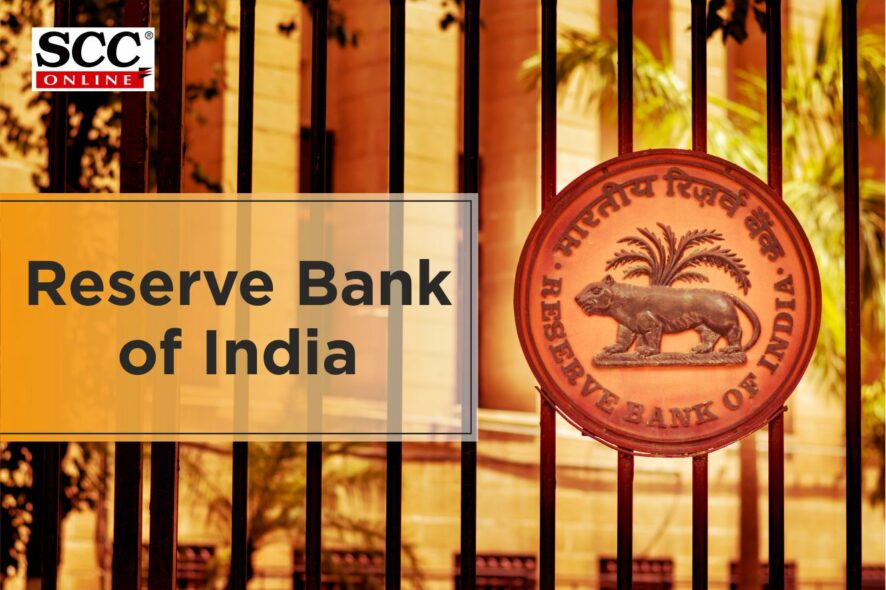On November 09, 2021, the Reserve Bank of India (RBI) has issued Master Circular – Guarantees and Co-acceptances relating to the conduct of guarantee business by banks. This circular shall be applicable to all Scheduled Commercial Banks, excluding Payments Banks and Regional Rural Banks.
General Guidelines
- Banks should confine themselves to the provision of financial guarantees and exercise due caution with regard to performance guarantee business.
- Banks should guarantee shorter maturities and leave longer maturities to be guaranteed by other institutions.
- No bank guarantee should normally have a maturity of more than 10 years. However, where banks extend long term loans for periods longer than 10 years for various projects, it has been decided to allow banks to also issue guarantees for periods beyond 10 years. While issuing such guarantees, banks are advised to take into account the impact of very long duration guarantees on their Asset Liability Management. Further, banks may evolve a policy on issuance of guarantees beyond 10 years as considered appropriate with the approval of their Board of Directors.
- Banks should, in general, refrain from issuing non-fund based facilities to/on behalf of constituents who do not enjoy credit facilities with them. However, banks are permitted to grant non-fund based facilities, including partial credit enhancement1, to those customers, who do not avail any fund based facility from any bank in India. Provision of such facilities shall be in terms of a comprehensive Board approved policy for grant of non-fund based facility to such borrowers.
- The guarantee of parent companies may be obtained in the case of subsidiaries whose own financial condition is not considered satisfactory.
Guidelines relating to conduct of guarantee business
- Until June 17, 2004, banks were required to limit their commitments by way of unsecured guarantees in such a manner that 20 percent of a bank’s outstanding unsecured guarantees plus the total of its outstanding unsecured advances should not exceed 15 percent of its total outstanding advances. In order to provide further flexibility to banks on their loan policies, the above limit on unsecured exposure of banks was withdrawn and banks’ Boards have been given the freedom to fix their own policies on their unsecured exposures.
- For determining the amount of unsecured advances for reflecting in schedule 9 of the published balance sheet, the rights, licenses, authorisations, etc., charged to the banks as collateral in respect of projects (including infrastructure projects) financed by them, should not be reckoned as tangible security.
-
Banks should adopt the following precautions while issuing guarantees on behalf of their customers.
(i) As a rule, banks should avoid giving unsecured guarantees in large amounts and for medium and long-term periods. They should avoid undue concentration of such unsecured guarantee commitments to particular groups of customers and/or trades.
(ii) Unsecured guarantees on account of any individual constituent should be limited to a reasonable proportion of the bank’s total unsecured guarantees. Guarantees on behalf of an individual should also bear a reasonable proportion to the constituent’s equity.
(iii) In exceptional cases, banks may give deferred payment guarantees on an unsecured basis for modest amounts to first class customers who have entered into deferred payment arrangements in consonance with Government policy.
(iv) Guarantees executed on behalf of any individual constituent, or a group of constituents, should be subject to the prescribed exposure norms.
(v) It is essential to realise that guarantees contain inherent risks and that it would not be in the bank’s interest or in the public interest, generally, to encourage parties to over-extend their commitments and embark upon enterprises solely relying on the easy availability of guarantee facilities.
Precautions to be taken in the case of Letter of Credit
In the case of LCs for import of goods, banks should be very vigilant while making payment to the overseas suppliers on the basis of shipping documents. They should exercise precaution and care in comparing the clients. The payments should be released to the foreign parties only after ensuing that the documents are strictly in conformity with the terms of the LCs. There have been many irregularities in the conduct of LC business, such as the LC transactions not being recorded in the books of the branch by officials issuing them, the amount of LCs being much in excess of the powers vested in the officials, fraudulent issue of LCs involving a conspiracy/collusion between the beneficiary and the constituent. In such cases, the banks should take action against the concerned officials as well as the constituent on whose behalf the LCs were opened and the beneficiary of LCs, if a criminal conspiracy is involved.
For more details, click HERE






